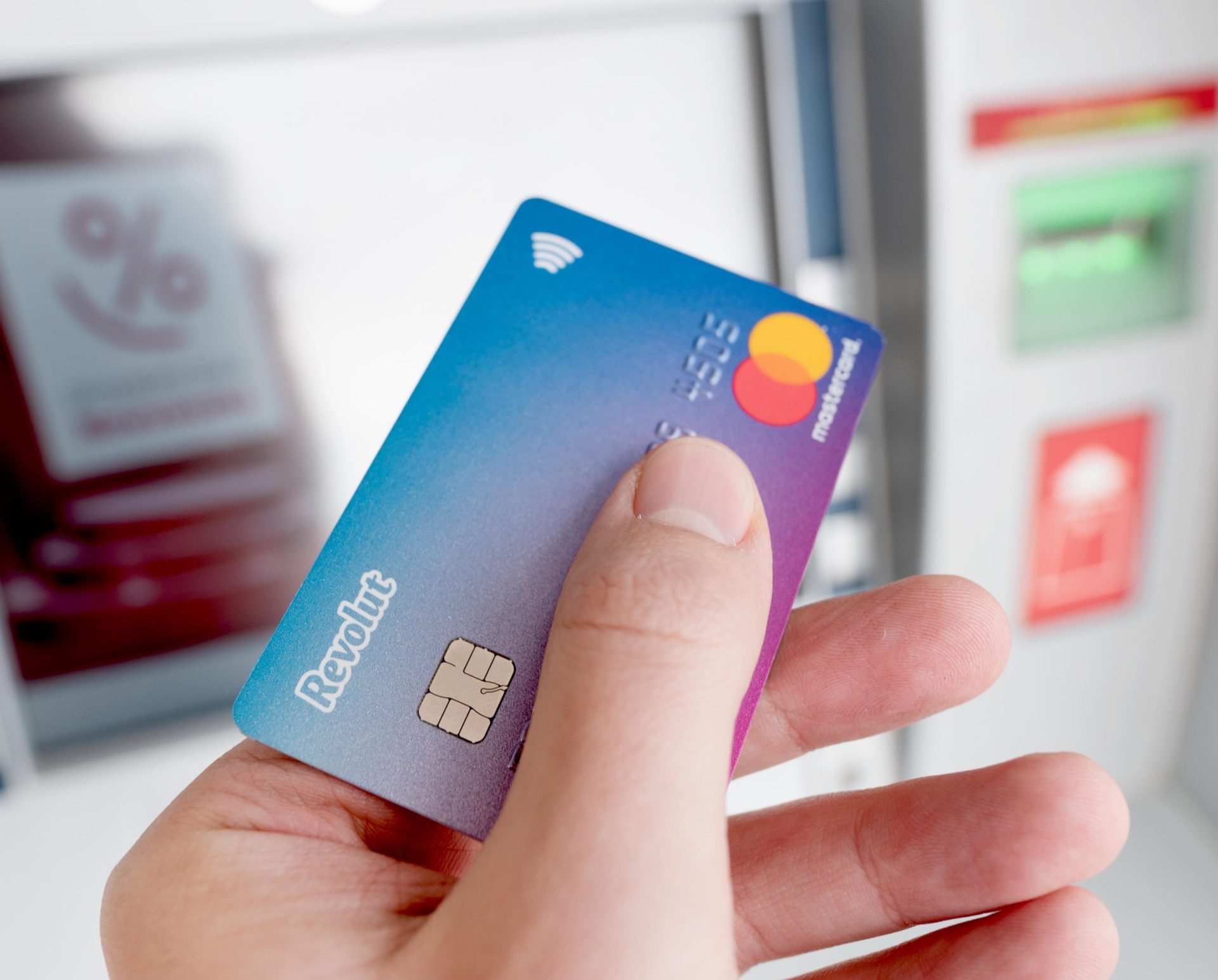“More than a few” Irish people have been taken in by the new online scam of ‘pig butchering’.
Ever since the early days of the internet, people have been taken in by ‘Nigerian princes’ begging them for money.
Increasingly however, the scams have become more sophisticated and the fraudsters have taken a more long-term approach.
On Moncrieff, Irish Independent Tech Correspondent Adrian Wreckler a new term has been called to describe this phenomenon.
“It’s called ‘pig butchering’ after a Chinese term,” he said.
“This started about 10-years ago in China and the idea is that you fatten your victim up before butchering it.
“You get this message from somebody and if you look them up, they’ll often have a very attractive looking photo as well which is stolen from a model or influencer.
“They will say something about you, you will then respond and they will try to build this kind of chummy or romantic relationship with you.
“They’ll try a few triggers like saying they’ve got a sick child, they’ve always wanted to travel to your country, they’ll look up your basic social media profile and say they’re really interested in what you’re doing.”
 A Revolut debit card is seen with an ATM in the background. Picture by: Piotr Adamowicz / Alamy Stock Photo
A Revolut debit card is seen with an ATM in the background. Picture by: Piotr Adamowicz / Alamy Stock PhotoMr Wreckler said the scammers have become “very creative” in recent years but Ireland does get an “unusually large amount of hacked exposure”.
“We know from figures here in Ireland that more than a few people will go along for weeks or months in good faith,” he said.
“Then they drop the hammer and the hammer is something like, they want you to invest in something that they say they are making a profit from or that they want you to pay for them to come for your country, so you can finally meet or they want you to meet their sick child.
“It’s one of those three things typically.”
Why Ireland?
Mr Wreckler said there are a number of reasons why Ireland has such a large number of victims.
“It could be to do with how many mobile operators there are here,” he said.
“It could be to do with how many services we sign up to in Ireland - we sign up to an awful lot of online services and then we often give our phone number with that.
“It could be to do with the number of online services that have been hacked.
“If you go to a site like HaveIBeenPawned.com, you will see, if you put in your email address or your mobile number, how many services with those details have actually been hacked.”
According to a poll by RedC, 57% of people in Ireland have experienced phishing since 2019.
You can listen back here:
Main image: A woman holding her credit card in front of a computer. Picture by: Alamy.com









